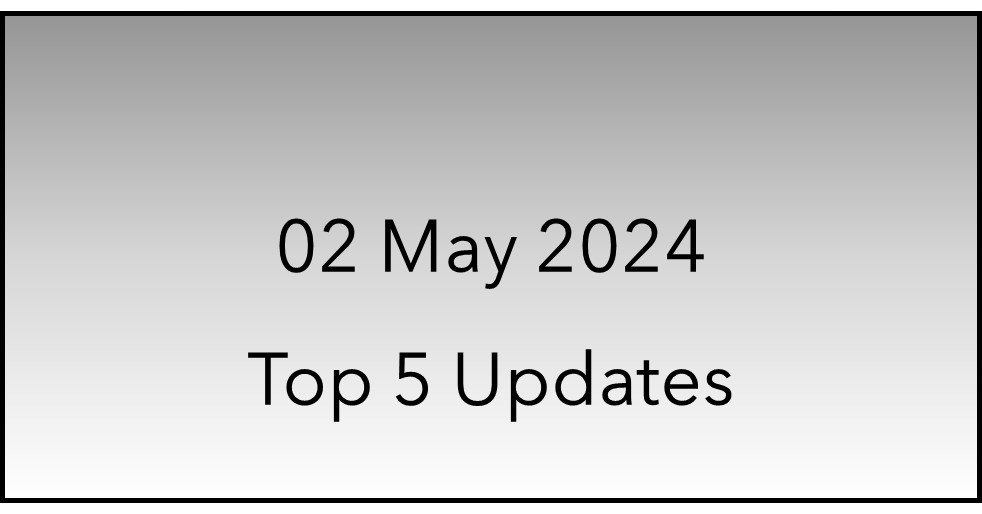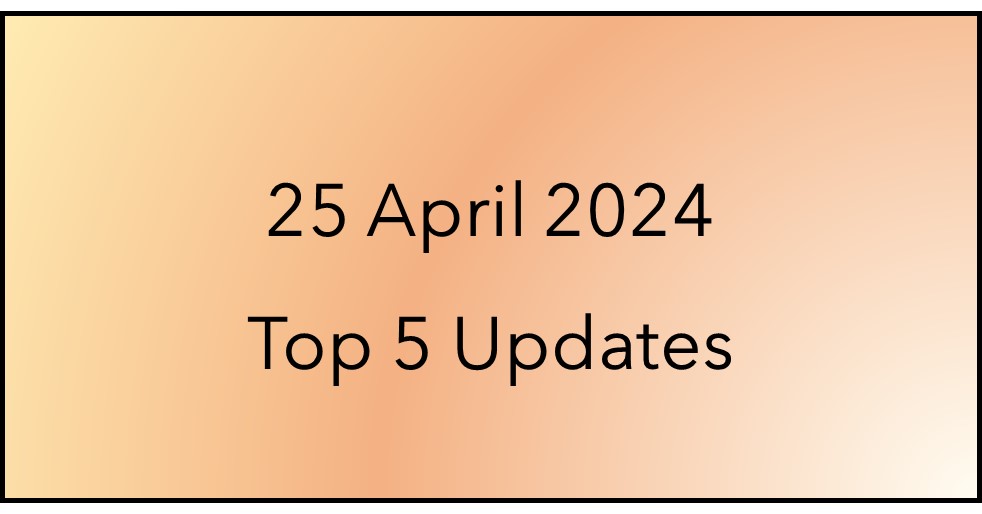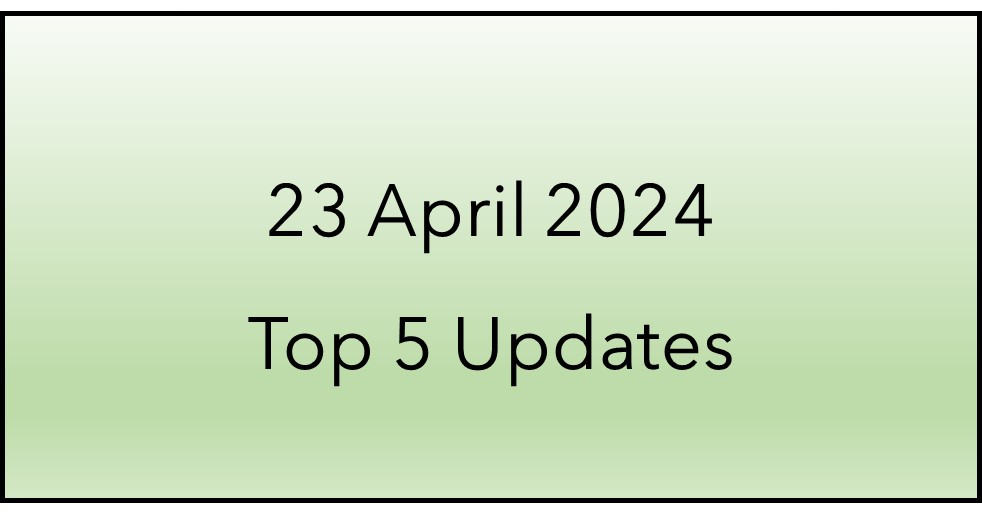Dear Reader, we are happy to share the most interesting legal and policy updates concerning health industry that we read today. We hope you enjoy reading it.
NOC for the manufacture of unapproved drugs meant for export will be issued by the Central Drug Regulator
India’s Central Drug Regulator (CDSCO) will be the competent authority to issue the No Objection Certificate (NOC) required by pharmaceutical companies for the manufacture of unapproved, new, or banned drugs for export purposes, starting from 15th May 2024. The NOC will be issued by the zonal offices of CDSCO. The application for NOC will have to be made online. Prior to CDSCO, it was the State Licensing Authorities that issued NOCs.
Source: bit.ly/4dkZO8u
Producers of Batteries can meet EPR Targets and file Annual Returns by June 30, 2024
The deadline for meeting Extended Producer Responsibility (EPR) targets and submitting annual returns by the producers of all types of batteries has been extended to June 30, 2024.
Source: bit.ly/4a0Uynx
Private hospitals demand payment of interests from the government on delay of reimbursement for treatment under Ayushman Bharat Scheme
India’s Association of Healthcare Providers (AHPI) has raised concerns over inordinate delay in receiving reimbursement for treatment provided to Ayushman Bharat beneficiaries, which impedes cash flow and poses serious operational issues for all hospitals. The Association has urged that the government pay 1 percent interest on payments delayed beyond one month under the Ayushman Bharat scheme, which is the Central Government’s flagship universal health coverage scheme, as well as change of package rate to allow beneficiaries to avail of continued benefits from the Ayushman Bharat Scheme
Source: bit.ly/3wimXHQ
US government likely to ease restrictions on regulation of Marijuana
The U.S. Drug Enforcement Administration (DEA) is likely to reclassify marijuana as a less dangerous drug by moving it from a tightly regulated class to a less tightly regulated class. Although the DEA’s proposal would highlight the medical benefits of cannabis, it would not allow its use for recreational purposes. The White House Office of Management and Budget is reportedly still in the process of reviewing the idea.
Source: bit.ly/4a2osrm
Form 483 notice need not to be responded by manufacturers of medical devices within 15 days: US Medical device experts
According to US Food and Drug Administration (FDA) officials, a medical device manufacturing company is not required to respond to a Form 483 notice (Notice of Inspectional Observations) within 15 days. The 15-day deadline for response applies to warning letters and not to Form 483 notices, though the FDA advises that if the manufacturer wishes to respond to a Form 483 notice, then it should do so within 15 days of the notice.
Source: bit.ly/44FHVxn









